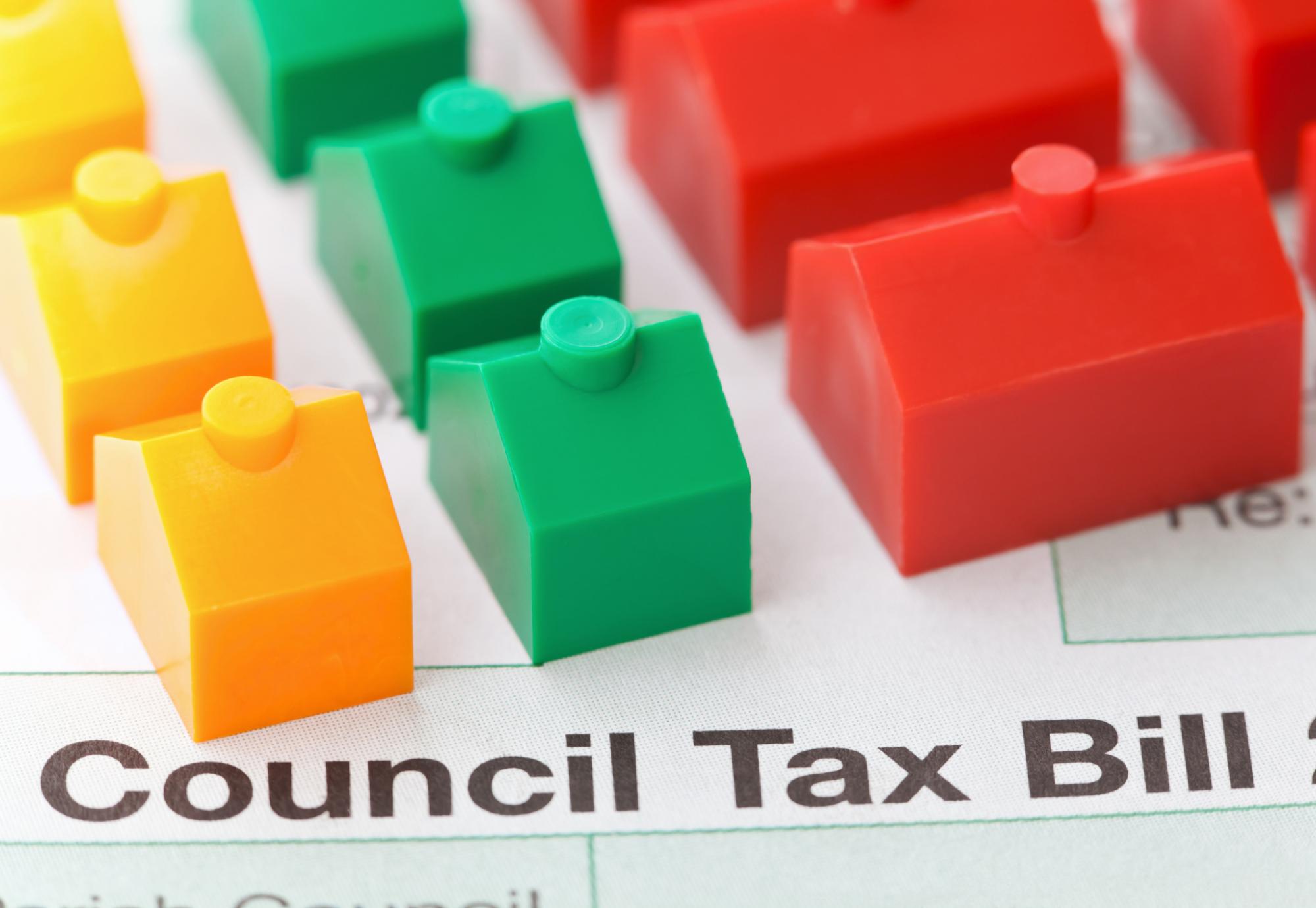The County Councils Network (CCN) has written to the Prime Minister to say devolution to county areas could be a ‘game changer’ for levelling up the country and councils stand ready to turn this into a reality.
The network has written to Boris Johnson following his speech where he promised to ‘rewrite’ the rulebook on devolution, offering the same powers to county areas as those given to city regions in devolution deals in previous years, as just three counties have so far secured a deal.
It comes as a new report, ‘Future of Local Government’, concludes that councils must play an integral role in the economic and social rebuild of the country.
CCN’s letter backs the Prime Minister’s commitments, saying that devolution to counties could be a ‘game changer’ for levelling up.
It outlines that county leaders stand ready to deliver the government’s agenda ‘through substantive devolved powers that until now have only been available to mayors in the city regions’.
The letter urges ministers to ensure that county councils and unitary authorities lead negotiations with government to secure powers in areas, such as transport, infrastructure and skills, which could have a major impact on rebuilding communities.
Over the summer, CCN had warned that county areas cannot be bypassed when it comes to levelling up.
Written by the network’s Chairman, Councillor Tim Oliver, CCN’s letter says that councils need to be ‘bold and ambitious’ and with government’s backing.
He is ‘certain our councils have the expertise, local knowledge and capacity’ to bring forward exciting proposals with local partners.
The letter comes as the report urges national and local government to take a ‘golden opportunity’ to empower councils to lead the levelling up agenda in England and for local authorities to fundamentally ‘rethink’ their role in society.
The report concludes that England needs its councils to do ‘more than just survive’ and should lead the response to the biggest challenges facing the country.
Produced following discussions with a wide range of council Leaders and Chief Executives, it says that the Prime Minister’s promise of devolution to counties should be used as a catalyst for transforming councils over the next decade.
It says that ending the inequity in devolved powers requires county and unitary councils to lead negotiations for their areas and that the Levelling Up White Paper should set out a ‘clear and equitable framework’ for councils to secure powers over infrastructure, transport, and skills.
The report argues that Ministers must put county authorities in the ‘driving seat’ to deliver the Prime Minister’s devolution ambitions outside major cities.
It also reveals that yearly increases in people needing local services and rising costs of delivering those services will mean councils will be required to spend an extra £15.9bn annually by 2030.
County authorities are set to see the largest increase in costs, some £5.4bn, with care services consuming almost 70% of their total budgets by 2030.
To meet these rising costs and to level up left behind parts of England, the report concludes that councils need a ‘sustainable funding model’, moving away from the sporadic use of short-term funding pots to enable local government to make strategic investments in local areas.
Encouraging councils to ‘rethink’ their organisations and role in society, the report calls for councils to accelerate change and investment in the leaders of tomorrow, take an active role in shaping places, build more flexible working arrangements for their workforce and embrace technology and automation in the delivery of services.
Commenting, Chairman-Elect of the County Councils Network, Councillor Tim Oliver said:
“The Prime Minister’s commitment to rewrite the rule book on devolution to counties could be a game changer for the levelling up agenda, demonstrating a real vote in confidence for ambitious local leadership outside our major cities.
“We now need words to turn into action on the ground, with this report backing county and unitary authorities to lead negotiations and work with partners to secure substantive powers in areas, such as infrastructure, transport, and skills.
“Today’s report showcases local government’s achievements during the pandemic and rightly concludes that it is best to lead the charge on the most pressing social and economic challenges in our communities.
“More than ever before, England needs its councils to do more than survive. It needs us to be proactive, engaging and resilient, capable of helping people achieve their aspirations and in supporting local populations as they look to recover and rebuild.
“But as this analysis shows, local government is currently hamstrung by a lack of funding. Councils have operated hand-to-mouth for the last decade and demand for services is set to rise sharply.
“It rightly concludes that local government needs sustainable long-term funding, while also throwing down the gauntlet to councils to fundamentally change how they operate.”



















